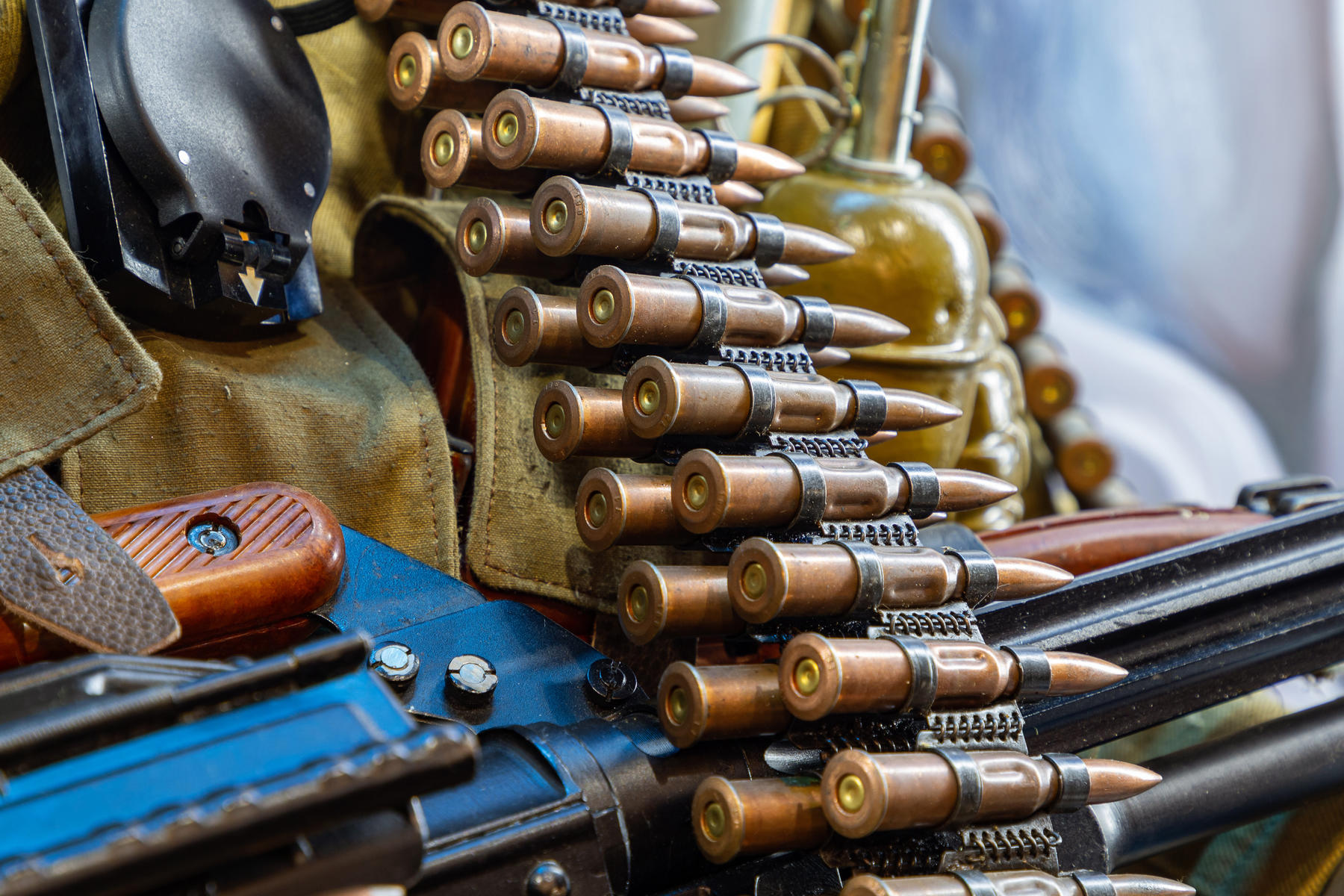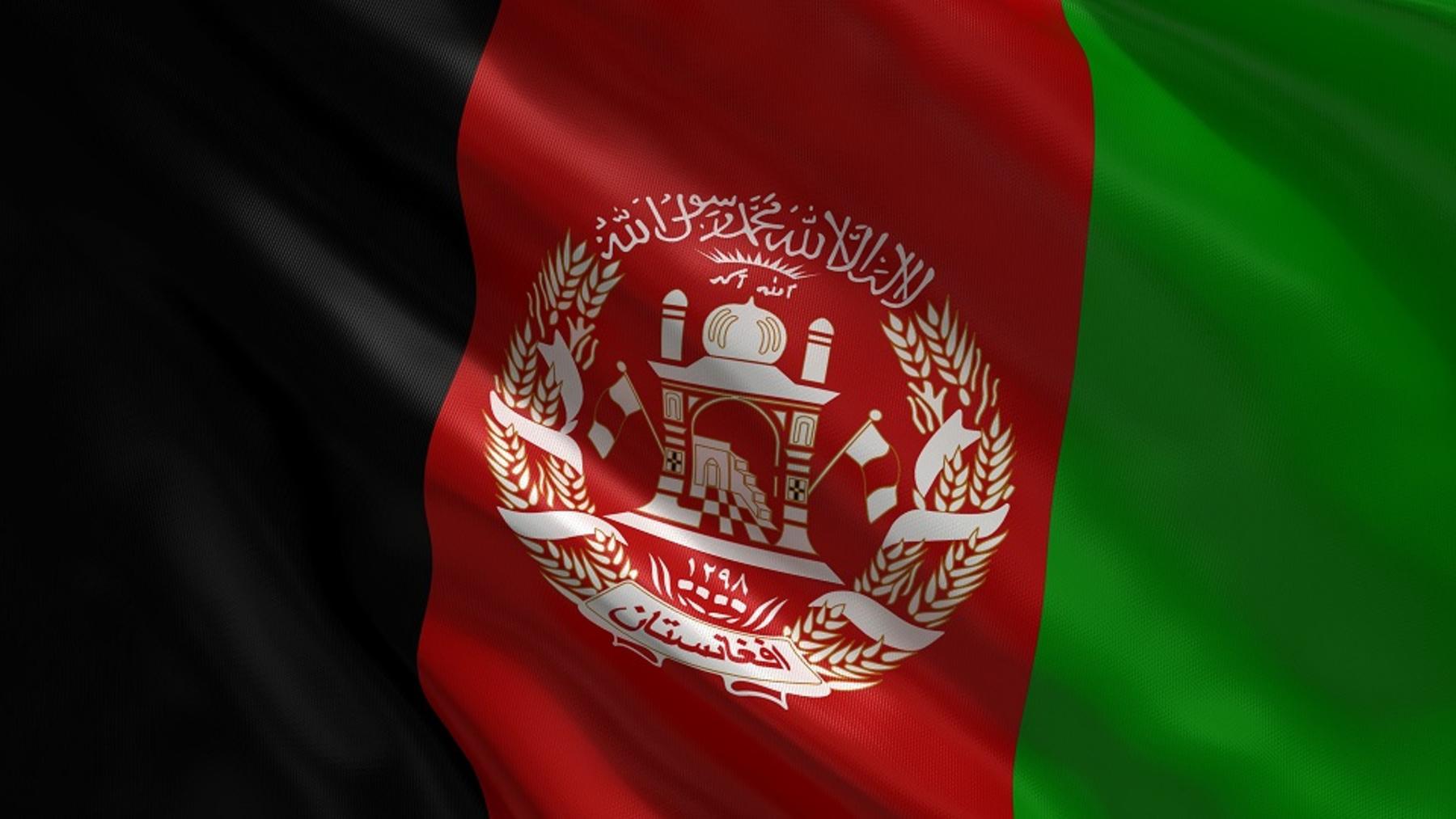Afghanistan’s prospects for 2023 - Article by Mr. Tim Foxley
Summary: In 2022, Afghanistan suffered a turbulent year in the aftermath of the Taliban’s armed takeover in August 2021. The security situation is still volatile. The country is affected by extensive humanitarian and economic crises. A repressive and unrecognised Taliban regime is bent on enforcing its interpretation of Sharia law. The Afghan people will not be consulted or allowed to express their views. Local media is being suppressed. There is no significant resistance that currently could threaten the Taliban regime – and no appetite from any quarter for a return to fighting. Women are now prevented from working, receiving education or otherwise engaging in society in any meaningful way. In 2023 we should expect more of the same.
Since the Taliban returned to power in August 2021, the situation in Afghanistan has deteriorated. In the immediate aftermath of the Taliban’s return, in late 2021 and early 2022, there was perhaps some slight optimism that the Taliban could be negotiated with to some degree, simply in order to restart the economy. But now, as we move into 2023, it is easier to get a sense of where the Taliban are going and what their intentions are. And it does not look good. The international community have appealed, exhorted and dangled financial and diplomatic concessions in front of the Taliban. To no avail.
The Taliban were encouraged – and likely surprised – by the speed and totality of the collapse of the previous government. The absolute power they have gained across the country has given them the confidence to move quickly – at the exclusion of more or less all other social and humanitarian considerations. They have established their own interpretation of an Islamic Emirate and Islamic Sharia law. The Taliban’s regime is inflexible, with a narrow and inaccessible leadership based in Kandahar.
The humanitarian situation has deteriorated rapidly in a variety of ways. This has been exacerbated by the Taliban’s general lack of administrative skills – they prefer to appoint senior officials based on religious credentials rather than skills, education and competence for the job. They have alienated many humanitarian- and aid agencies and have banned Afghan women’s involvement in humanitarian activities. The United Nations estimates that 97% of the population are living in poverty. Population displacement, unemployment, famine and food shortages are impacting hard on the population, with approximately 20 million judged to be acutely food-insecure. Healthcare facilities are limited and deteriorating. The 2022/2023 winter has been brutal: with multiple reports of people and animals freezing to death.
The Taliban’s leadership will remain elusive, making them difficult to analyse effectively. Haibatullah Akhundzade, the “Leader of the Faithful”, looks to be following the model of the original Taliban leader, Mullah Omar. He shuns public exposure, remains based in Kandahar (he has visited Kabul only once) and is surrounded by a small group of approved local religious leaders. Information about him is closely guarded. There appears to be only one official photograph of him. His age is uncertain, but he may be in his 70s. There doesn’t appear to be any clearly designated successor to Akhundazade. When Mullah Omar died (of natural causes) in 2013, it was not until 2015 that the Taliban announced it.
There is no significant evidence of opposition groups or rival factions inside the Taliban. Some within the international community believe that there are “moderate” Taliban within the regime who are open to a “softer” approach to societal issues, perhaps in exchange for international recognition or economic assistance. There are certainly Taliban with different views from the leadership in Kandahar. In particular, many are uneasy with the ban on women’s education. Some Taliban leaders are open to charges of hypocrisy, being happy to send their daughters to school in the Gulf. But there does not currently appear to be a body within the Taliban with aspirations to confront or otherwise challenge the senior leadership.
The Taliban are in the second year of what amounts to a “Year Zero” social experiment. Women will have no place in society – no education, no employment, prohibitive travel restrictions and no say in the governing of the country. Political parties and the electoral process have been banned. On 23 January 2023, the United Nations highlighted the ongoing and extreme risk to Afghan former law-makers:
“’The ongoing collapse of the rule of law and judicial independence in Afghanistan is “a human rights catastrophe”’, UN-appointed independent human rights experts warned on Friday… ‘We are gravely concerned by the extreme exclusion of women from the legal system’, the UN experts underscored, calling on the international community for ‘urgent support’…‘Many women judges have fled the country or gone into hiding’, the Special Rapporteurs added. Prosecutors have been ‘systematically side-lined’, the statement continued, noting that their previous work in investigating, and prosecuting Taliban members under democratically-elected Governments, have put them at ‘grave risk’. ‘More than a dozen prosecutors, the majority men, reportedly have been killed by unknown individuals in Kabul and other provinces. Many remain in hiding’.
Moral, economic, humanitarian and diplomatic arguments look unlikely to have significant impact on the Taliban’s calculations and decision-making in the coming year if they are judged to clash with the interpretation of Islam as determined by Haibatullah Akhundzade and a small group of religious elders. Protest, dissent and even simple vocal disagreement with the Taliban will be met with censorship and violence. Women demonstrators – and the journalists reporting the demonstrations – will be beaten. The Taliban do not intend that the Afghan population will be consulted or be permitted to otherwise express their views on Taliban governance. A violent, retributive Taliban interpretation of Sharia will continue to be enforced. Public executions, amputations and floggings are already taking place. Other forms of violence will continue to include the assassination or “disappearance” of members of the previous government and its security forces. There are numerous and highly credible reports of Taliban revenge attacks and killings against a wide range of groups and individuals, in particular those who are perceived to have opposed them or worked for the previous government.
The murder of the former Afghan member of parliament, Mursal Nabizada, has been extensively covered in the media. She was shot dead by two “armed gunmen” at her home in central Kabul, on 15 January 2023, where she was living openly. Her bodyguard also died in the gunfire.
“A former Afghan MP and her bodyguard have been shot dead at her home in the capital Kabul, Afghan police have said. Mursal Nabizada, 32, was one of the few female MPs who stayed in Kabul after the Taliban seized power in August 2021. Her brother and a second security guard were wounded in the attack on Sunday.
Former colleagues praised Ms Nabizada as a ‘fearless champion for Afghanistan’ who turned down a chance to leave the country.
Since the Taliban returned to power in 2021, women have been removed from nearly all areas of public life. Kabul police spokesman Khalid Zadran said security forces had started a serious investigation into the incident.”
But the one thing the Taliban still have in their favour is the absence of wide-spread fighting. With the Taliban’s sudden and decisive victory, opposition groups fled and remain in disarray. There is no appetite for a return to fighting, even if the National Resistance Front will continue to offer sporadic resistance in and around the province of Panjshir. Islamic State, thriving on any form of failed or failing State, will also remain active, particularly through terrorist attacks in Kabul. But neither the NRF nor Islamic State look likely to unseat the Taliban on their own. I do not expect any significant anti-Taliban armed resistance this year.
Although widespread fighting has demonstrably stopped, other indicators suggest that societal problems are still extensive. Suicides, forced marriages and killings attributed to “armed gunmen” are regularly reported. Levels of pessimism and hopelessness are staggering. A Gallup poll of Afghanistan in December 2022 concluded:
“Suffering in Afghanistan rocketed to a record high last year after the Taliban took over, but Gallup's latest surveys in the country show Afghans' lives are even more miserable now, and they've fully lost hope that their future will be any better.
One year after the Taliban returned to power, almost all Afghans -- 98% -- rate their life so poorly that they are considered suffering. This percentage tops the previous high of 94% in 2021, measured as the Taliban seized full control and the U.S. withdrew its troops. Gallup classifies individuals as ‘thriving,’ ‘struggling’ or ‘suffering’ according to how they rate their current and future lives on a ladder scale with steps numbered from zero to 10…Zero is the worst possible life rating on this scale. On average, Afghans rate their current life at a 1.3 and their life in five years at a 1.0 -- illustrating the loss of hope that most Afghans are feeling. But for many Afghans, the situation is even worse than that: More than one in four (26%) rate their current life a zero, and nearly four in 10 (39%) expect their life in five years will be a zero.”
During the Taliban’s previous regime, in the 1990s, the Taliban were recognised by just three countries: Pakistan, Saudi Arabia and the United Arab Emirates. This time, no other country has yet stepped forward to endorse the Taliban’s legitimacy. The Taliban do not appear to be unduly troubled. And it is likely that countries in the region will be pragmatic, seeking to engage economically regardless of the Taliban’s poor humanitarian stance. China is not known for its humanitarian scruples. It has already signed an oil extraction deal with the Taliban. Hard cash may convince the Taliban that international recognition is a luxury that can be dispensed with. But young and educated Afghans (and those that seek education) will probably leave the country in increasing numbers, through legal and illegal methods. The EU is now accepting Afghan women and girls as refugees purely on the basis of their gender because of the levels of persecution at the hands of the Taliban.
The future looks bleak.
*****Note: This Article is written by Mr. Timothy Foxley - Research Fellow at EFSAS and an Independent political/military researcher, former Senior Analyst for the British Ministry of Defence, the Swedish Ministry of Defence and SIPRI.
Views expressed are the author’s own and independent of his institutional affiliations.

February 2023. © European Foundation for South Asian Studies (EFSAS), Amsterdam


